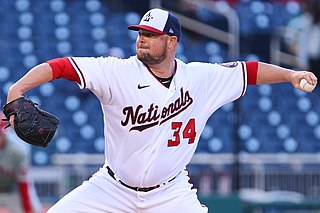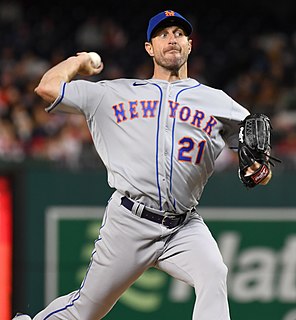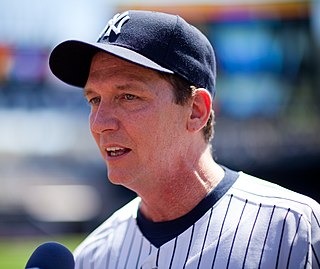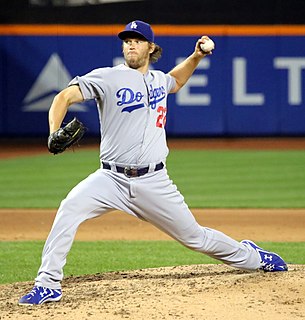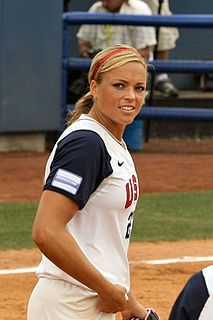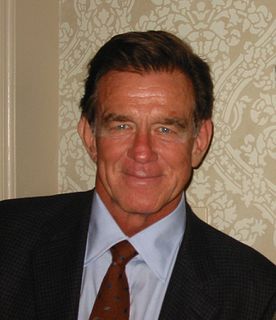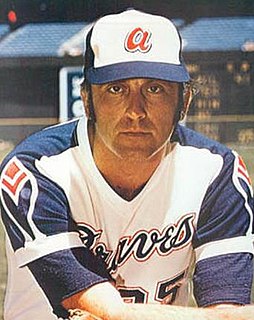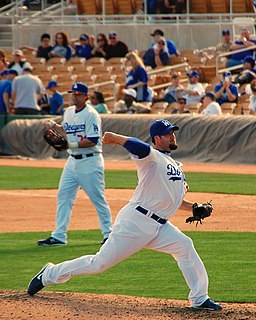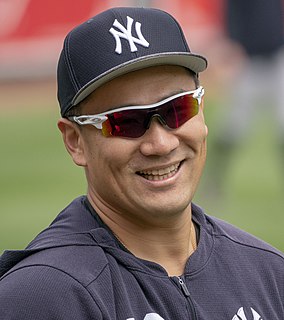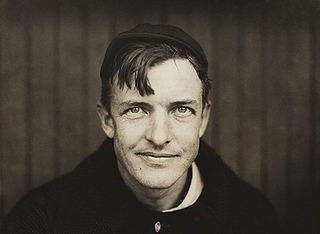A Quote by Jon Lester
The two biggest things that translate from a pitching mound to hunting and fishing are patience and perseverance. When you're on the mound, you have to take the game one pitch at a time, regardless of the score, and that approach helps when I'm in the woods or out on the water as well.
